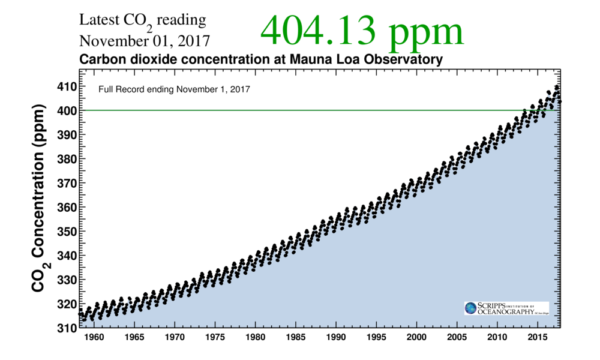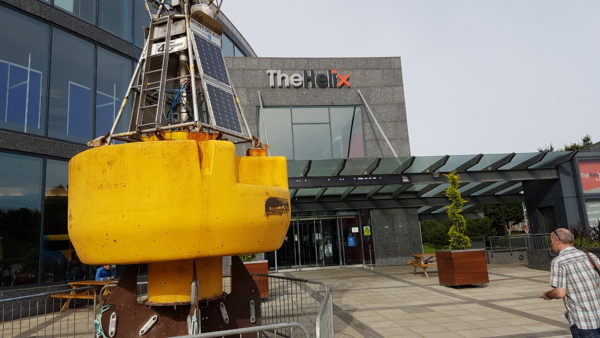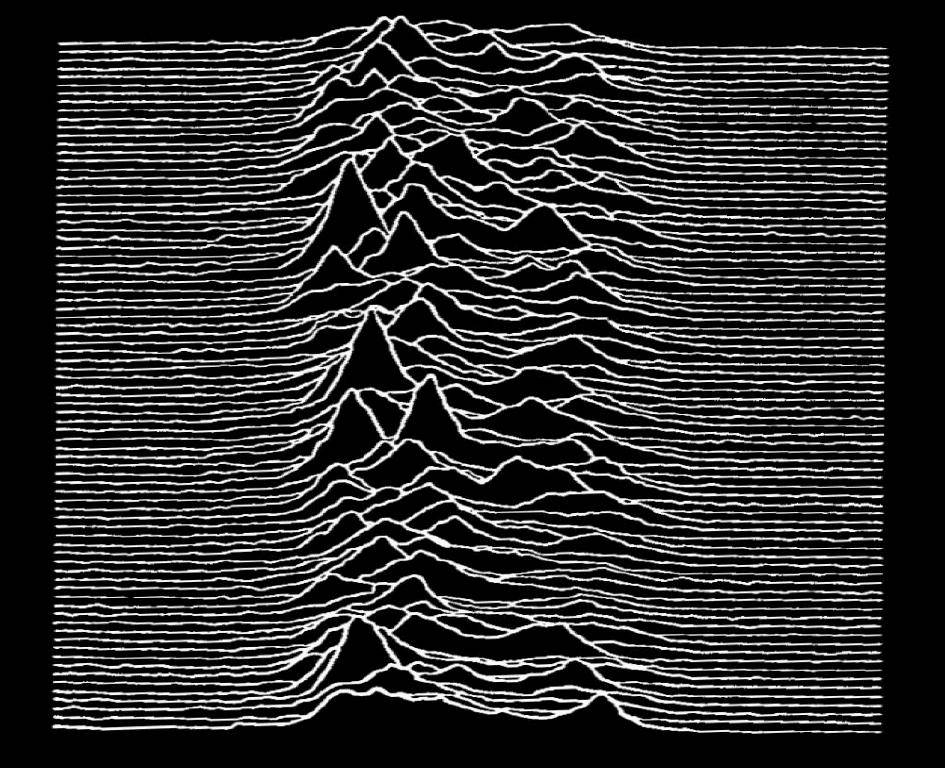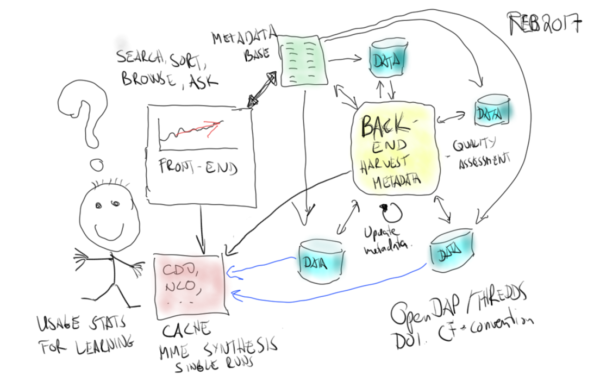A new handbook on science communication came out from IPCC this week. Nominally it’s for climate science related communications, but it has a wider application as well. This arose mainly out of an “Expert meeting on Communication” that IPCC held in 2016.
6 principles to help IPCC scientists better communicate their work
There was a Guardian article on it as well.
The six principles are pretty straightforward:
- Be a confident communicator
- Talk about the real world, not abstract ideas
- Connect with what matters to your audience
- Tell a human story
- Lead with what you know
- Use the most effective visual communication
Each is supported with references to the relevant literature and with climate-related (“real world”) examples that are themselves confidently communicated with effective visuals.
But what do people think? Is this a useful addition to the literature on communication? Anything you think doesn’t work? or that perhaps surprises you?
PS. I’m perhaps a little biased because they use a Peter Essick photo for their cover art that was also in my book.


 This is joy as in ‘Joy Division’, not as in actual fun.
This is joy as in ‘Joy Division’, not as in actual fun. 